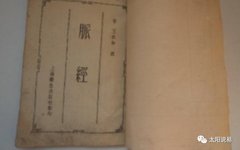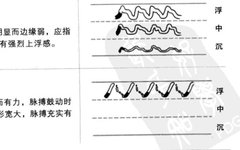Understanding TCM Pulse Diagnosis: Become a Pulse Diagnosis Expert
For thousands of years, Traditional Chinese Medicine (TCM) has diagnosed illnesses like an examination. The patient extends their hand before the doctor, who checks the pulse on the left and right wrists, examines the tongue coating, and repeatedly inquires about the patient’s symptoms and feelings. Then, the doctor articulates the patient’s condition clearly. If the … Read more







